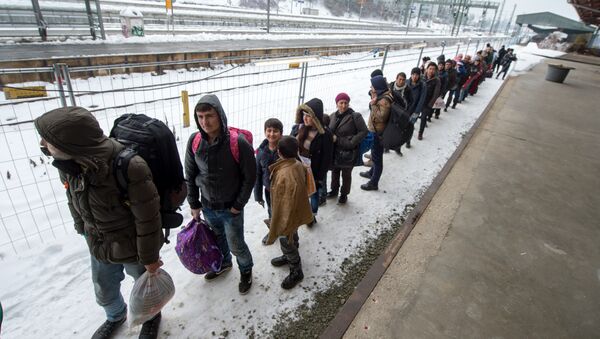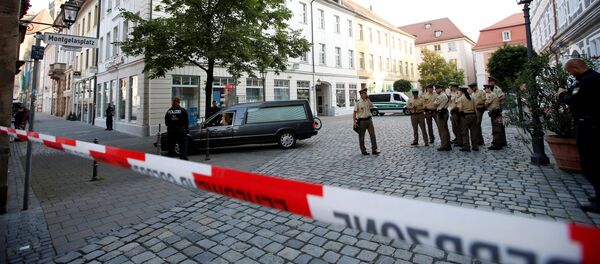"The risk is abstract, but it's very high. We have to accept that we have hit-squats and sleeper cells in Germany. We have substantial reports that among the refugees there are hit-squads. There are hundreds of these reports, some from refugees themselves. We are still following up on these, but we haven't investigated all of them fully. But, we have irrefutable evidence that there are some Daesh command structures in place that makes attacks in Germany likely," Hauser told the BBC Radio 4.
Last month, an Afghan asylum seeker carried out an ax and knife attack on a train near Bavaria's Wuerzburg, wounding five tourists. A few days later, a Syrian refugee set off a bomb outside a music festival in Ansbach, also in Bavaria, killing himself and wounding 15 bystanders. Islamic State jihadist group, banned in Russia among other countries, claimed responsibility for both attacks.



